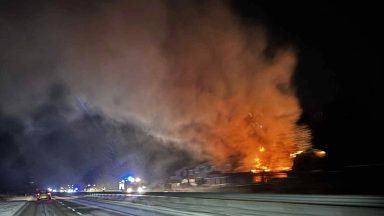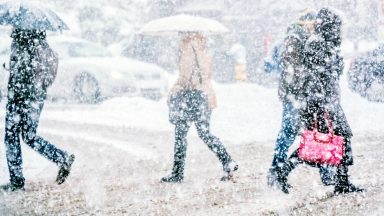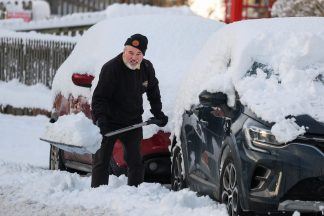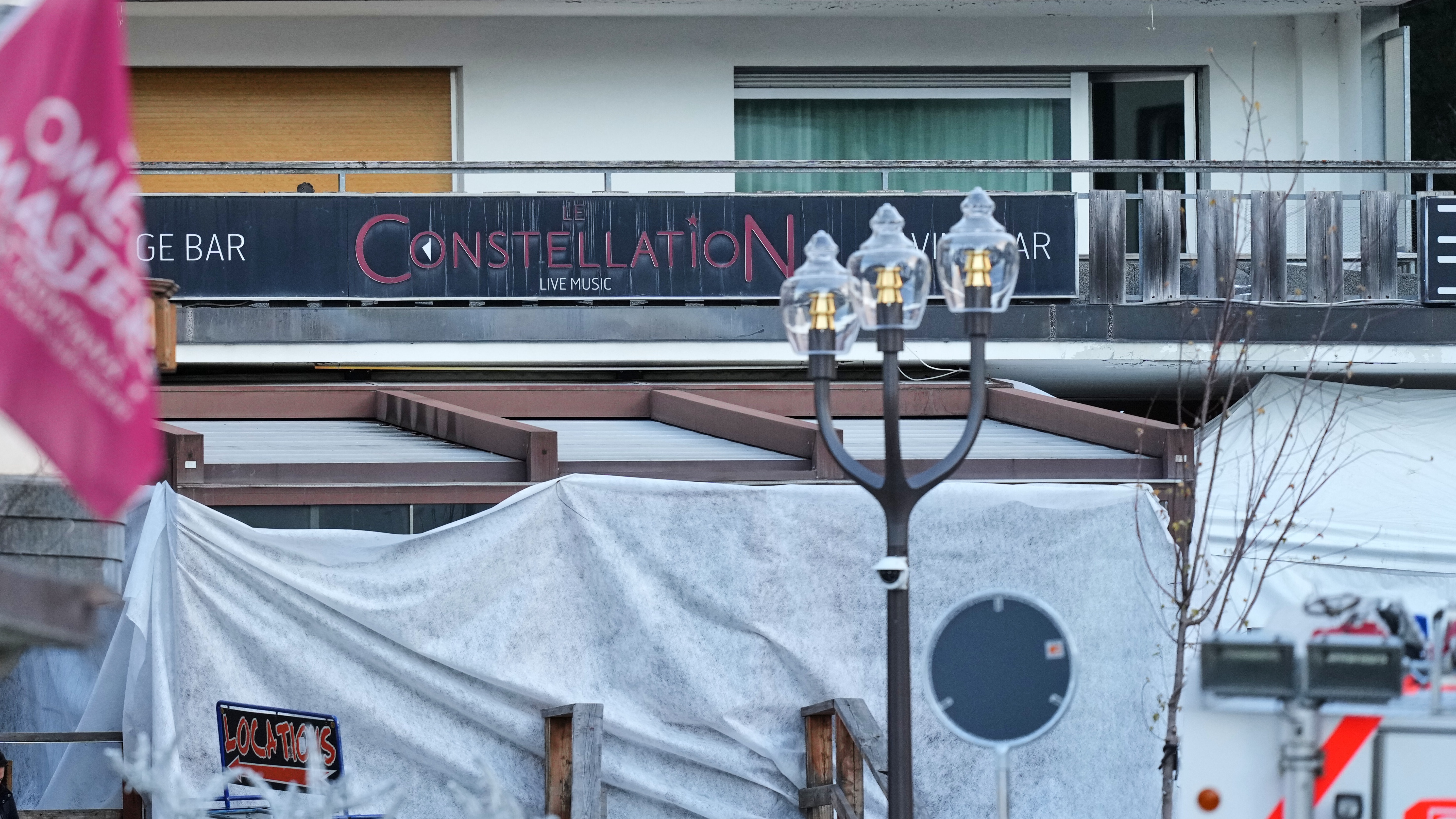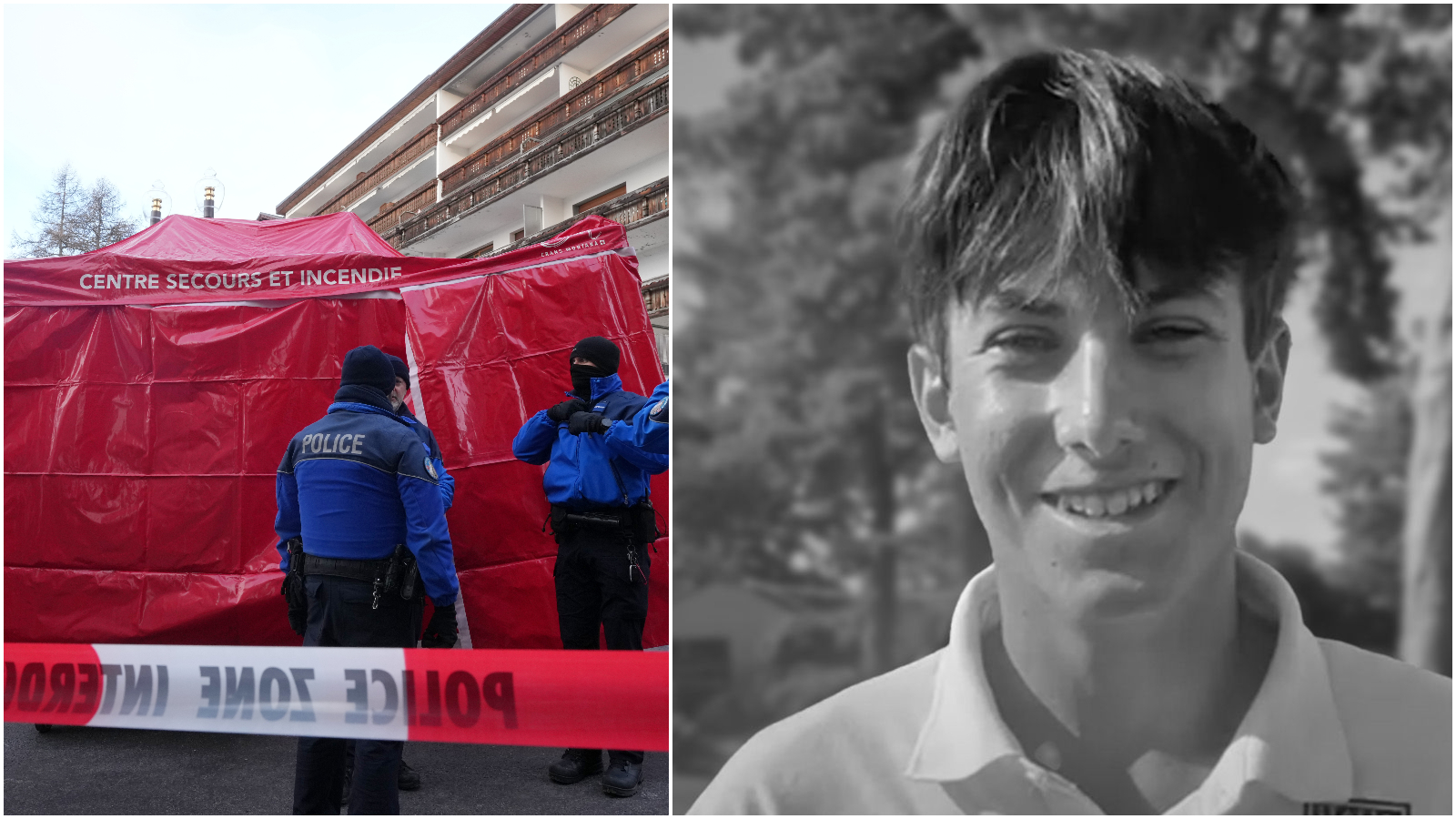Scotland has become the first place in the UK where every home will be legally required to have interlinked smoke alarms.
Following the Grenfell Tower disaster, legislation was introduced by the Scottish Government in 2019 but has been delayed until 2022.
All homes in the country are now subject to the new safety standards.
Why is the law being changed?
In the aftermath of the Grenfell tragedy in London, in which 71 people died, the Scottish Government fast-tracked legislation to create a blanket standard for smoke alarms across all homes.
Stricter standards already apply for new-build homes and privately-rented housing than for social rented properties and homeowners.
What does the law require?
It will require a smoke alarm to be installed in the room used most during the day, for example the living room.
Others will have to be placed in “circulation spaces” such as hallways or landings on every storey of the property, and all smoke alarms must be interlinked and ceiling-mounted.
A heat alarm must also be installed in every kitchen, and a carbon monoxide detector should be placed in any property where there is a carbon-fuelled appliance like a boiler, fire or heater.
Interlinked alarms are connected, meaning when one goes off, they all go off, alerting you wherever you are at home.
It will be up to the property’s owners to pay for and install the alarms.
What will happen if you don’t have the alarms?
Housing minister Shona Robison said the regulations were “designed to protect and save lives” and there will be “no penalties for non-compliance”, stressing that people will not face penalties “if they need more time”.
Scotland’s 32 councils are officially responsible for enforcing the policy, but they will not be sending officers to inspect homes and will not be issuing fines.
Will your home insurance be affected?
Each person’s home insurance policy, from their own provider, will have different terms and conditions to be complied with to be valid.
Dougie Barnett, customer risk management director at AXA, said: “As an insurer, our core purpose is protection and with this in mind, we support the installation of interlinked alarms to help people evacuate their homes safety if required. This is an important change for everyone to make, including developers of new-build properties.
“We encourage installation as soon as possible, however AXA will not invalidate a home insurance claim for existing customers who haven’t yet complied with the new law in Scotland.”
In the most extreme cases, not meeting the new regulations could void the insurance coverage. However, you should speak to your insurance provider if unsure to see how your policy will be affected.
How much will it cost?
It is estimated that the cost for an average three-bedroom house will be around £220, which must be met by homeowners or private landlords.
This is for alarms that do not require an electrician. Cheaper models that can be connected to the mains must be installed by a professional.
Is there help for those who can’t afford it?
The Scottish Fire and Rescue Service was given £1m in government funding to install the alarms for those deemed to be at high risk from fire. A further £500,000 was allocated to aid disabled and elderly people.
Are there enough alarms available?
Some shortages in shops have been reported, with homeowners saying they have struggled to buy new alarms.
The government said this was caused by people buying the devices ahead of the change in the law and had been “exacerbated by global supply shortages of component parts, and in the supply of suitable tradespeople to carry out work in people’s homes”.
Follow STV News on WhatsApp
Scan the QR code on your mobile device for all the latest news from around the country


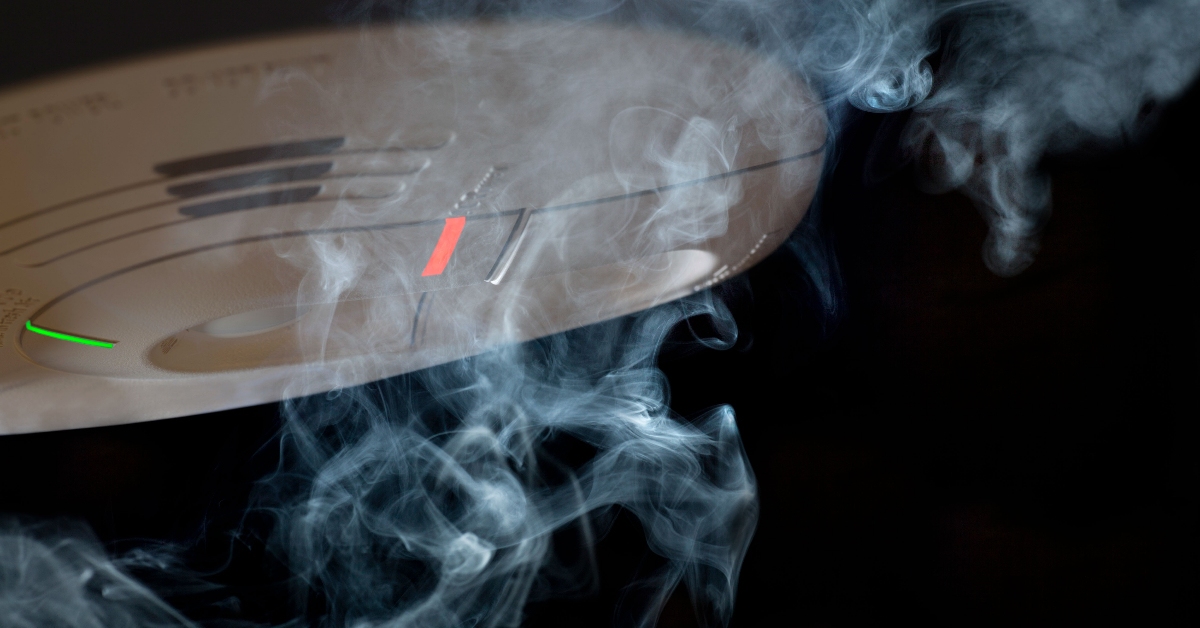 iStock
iStock

